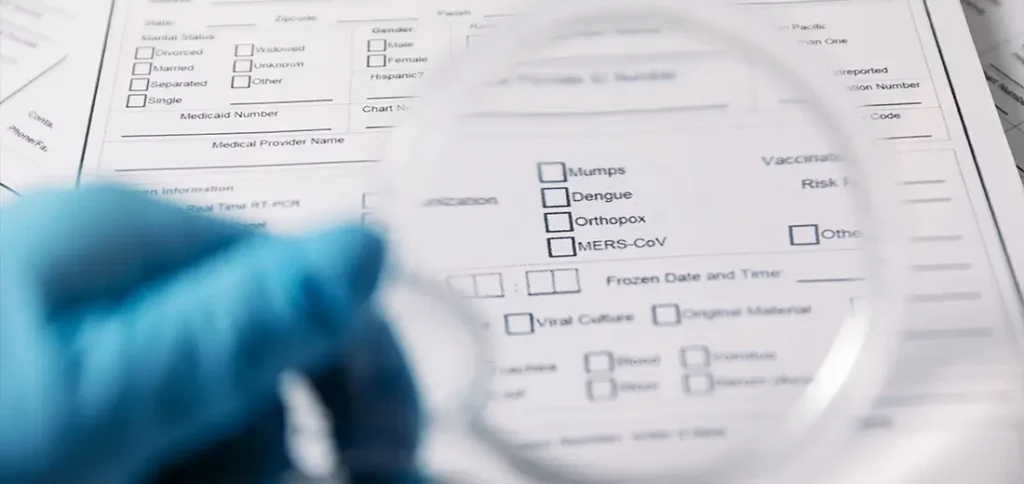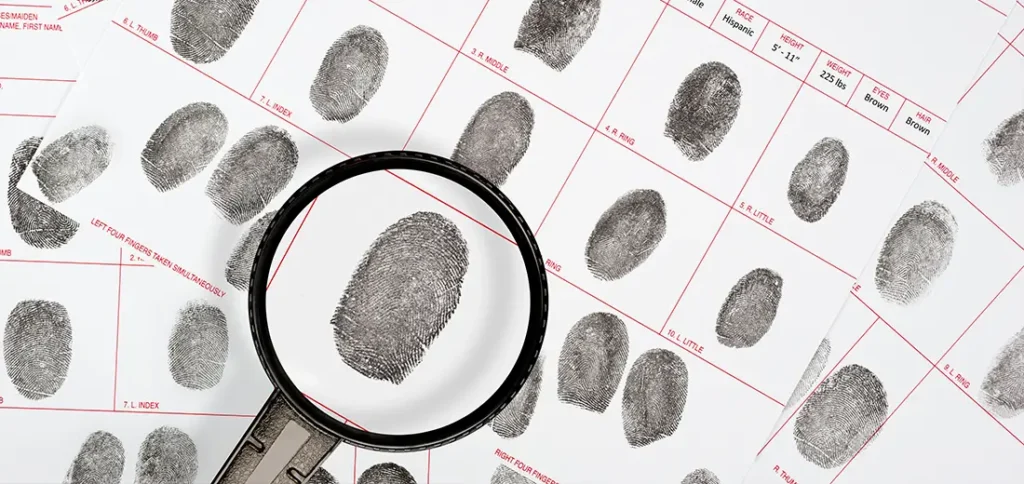In today’s competitive job market, employers face increasing pressure to make informed hiring decisions while ensuring the safety and security of their workplaces. One essential tool in the hiring process is the Level 2 Background Check, a comprehensive screening method that provides valuable insights into an individual’s criminal history and background.

In this blog post, we’ll delve into the intricacies of Level 2 Background Checks and explore why they are crucial for employers in Florida and beyond. We’ll discuss the key differences between Level 1 and Level 2 checks, the specific requirements for conducting Level 2 screenings, and the legal considerations that employers must navigate.
First and foremost, it’s essential to understand what sets Level 2 Background Checks apart from their Level 1 counterparts. While Level 1 checks primarily involve a review of an individual’s criminal history within a specific state, Level 2 checks are more extensive, often encompassing national databases and fingerprinting. This comprehensive approach allows employers to gain a deeper understanding of an applicant’s background, mitigating potential risks associated with hiring.
In Florida, Level 2 Background Checks are particularly prevalent due to regulatory requirements in certain industries and professions. Employers in fields such as healthcare, education, and childcare are often mandated by law to conduct Level 2 screenings for employees who will have direct contact with vulnerable populations. By adhering to these regulations, employers demonstrate their commitment to safeguarding the well-being of their clients, patients, or students.

Moreover, Level 2 Background Checks play a critical role in maintaining workplace safety and reducing liability risks for employers. By thoroughly vetting potential hires, employers can identify individuals with a history of risky behaviors or criminal convictions that could pose a threat to the safety of their workforce and customers. Additionally, conducting background checks helps employers mitigate the risk of negligent hiring claims, which can result in costly legal repercussions and damage to their reputation.
However, navigating the complexities of Level 2 Background Checks requires careful attention to legal compliance and privacy considerations. Employers must adhere to federal and state laws governing the use of background checks, including the Fair Credit Reporting Act (FCRA) and state-specific regulations. Failure to comply with these laws can result in legal penalties and reputational damage for employers.
In conclusion, Level 2 Background Checks are an indispensable tool for employers seeking to make informed hiring decisions and maintain a safe and secure workplace environment. By understanding the nuances of Level 2 screenings and adhering to legal requirements, employers can protect their organization’s interests and uphold their commitment to safety and integrity.


